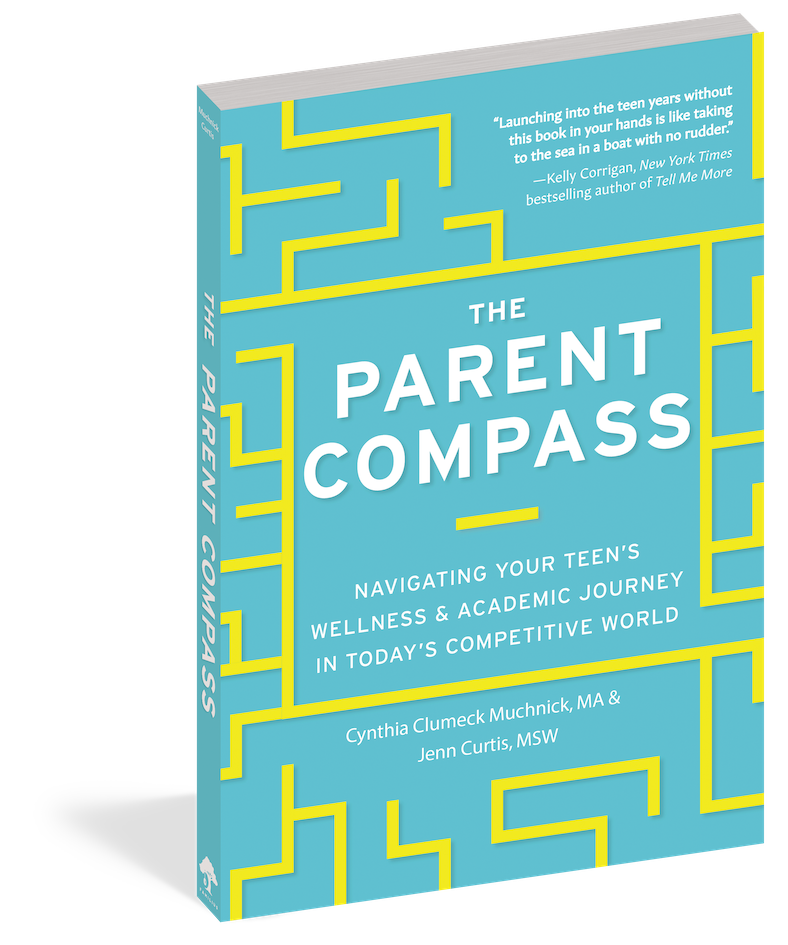How To Communicate With Your Teen Through Active Listening
 While active listening can be a difficult skill to learn in any relationship, it’s particularly challenging when one party is meant to occupy the role of authority figure. Parents need to realize that engaging in active listening does not mean never giving teens much-needed advice or discipline — it simply means ensuring that the teen feels heard and understood during the process.
While active listening can be a difficult skill to learn in any relationship, it’s particularly challenging when one party is meant to occupy the role of authority figure. Parents need to realize that engaging in active listening does not mean never giving teens much-needed advice or discipline — it simply means ensuring that the teen feels heard and understood during the process.
Some active listening strategies applicable to parent-child relationships include:
Ask thoughtful questions. Take the time to dig deeper into why your teen feels the way she does or behaves the way she does by asking insightful, open-ended questions (questions which allow for a variety of responses rather than implying there is one “correct” response). This will not only help you to get to know your teen better, it will help her learn to analyze her own behavior and opinions and therefore become more mindful.
Put empathy first. Try to see issues from your teen’s point of view rather than immediately assessing them from an adult perspective. This is especially important if your teen has done something you don’t agree with; for example, if after your teen has been caught shoplifting, you listen with compassion and ask why she engaged in such behavior. From there, you can devise a solution to the root problem and improve your teen’s quality of life rather than simply punishing her.
Practice the use of attentive body language. Parents, like teens, are often distracted—by the demands of work, by cell phones and the internet, by chores, etc. It’s important to moderate this behavior when conversing with your teen: Take the time to make eye contact and know when to give an affirming nod, encouraging smile, or look of understanding concern. By doing so, you can communicate in an active, loving way while also letting your teen do the talking. Researchers estimate that up to 92% of human communication is nonverbal, so one should never underestimate the impact these small gestures can have.
Learn to effectively “mirror” your teen’s statements. Rather than following up your teen’s comments with phrases like, “I think you should…” practice paraphrasing your teen instead, then ask for confirmation or clarification as needed. Make sure that the message you are taking away from the conversation is the same one your teen is trying to convey rather than assuming you “know” what he or she is thinking and feeling.
Pay attention to how your child is responding. Just like your own use of body language can convey a great deal of information to your child, your child’s nonverbal communication can provide you with insight into how she feels the conversation is progressing. Your child’s body language should be relaxed, open, and attentive. If the conversation ends with a smile and a hug, odds are good that your teen feels supported and relieved.
Active listening reduces misunderstandings, improves parent-child trust, and encourages the honest sharing of thoughts and feelings.
Excerpted from “How To Communicate With Your Teen Through Active Listening” in Advanced Psychology. Read the full post online.







